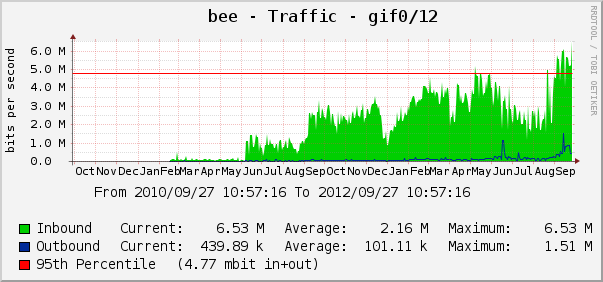The European project Flamingo (yes, simply a name, not an acronym)
just finished its kickoff meeting at the University of Twente. The
project partners are:
- University of Twente (Netherlands)
- INRIA/LORIA (France)
- University of Zurich (Switzerland)
- Jacobs University Bremen (Germany)
- University of Federal Armed Forces Munich (Germany)
- Universitat Politecnica de Catalunya (Spain)
- iMinds (Belgium)
- University College London (United Kingdom)
The goals of Flamingo are (a) to strongly integrate the research of
leading European research groups in the area of network and service
management, (b) to strengthen the European and worldwide research in
this area, and (c) to bridge the gap between scientific research and
industrial application. To achieve these goals, Flamingo performs a
broad range of activities, such as to develop open source software,
establish joint labs, exchange researchers, jointly supervise
Ph.D. students, develop educational and training material, interact
with academia and industry, organize event, and strongly contribute to
(IETF and IRTF) standardization. Flamingo develops a joint program of
research activities to contribute to the development of network
management and operation frameworks for the Future Internet. The
project will run for 48 months and it will receive about 3 million
Euro support from the European Commission.




